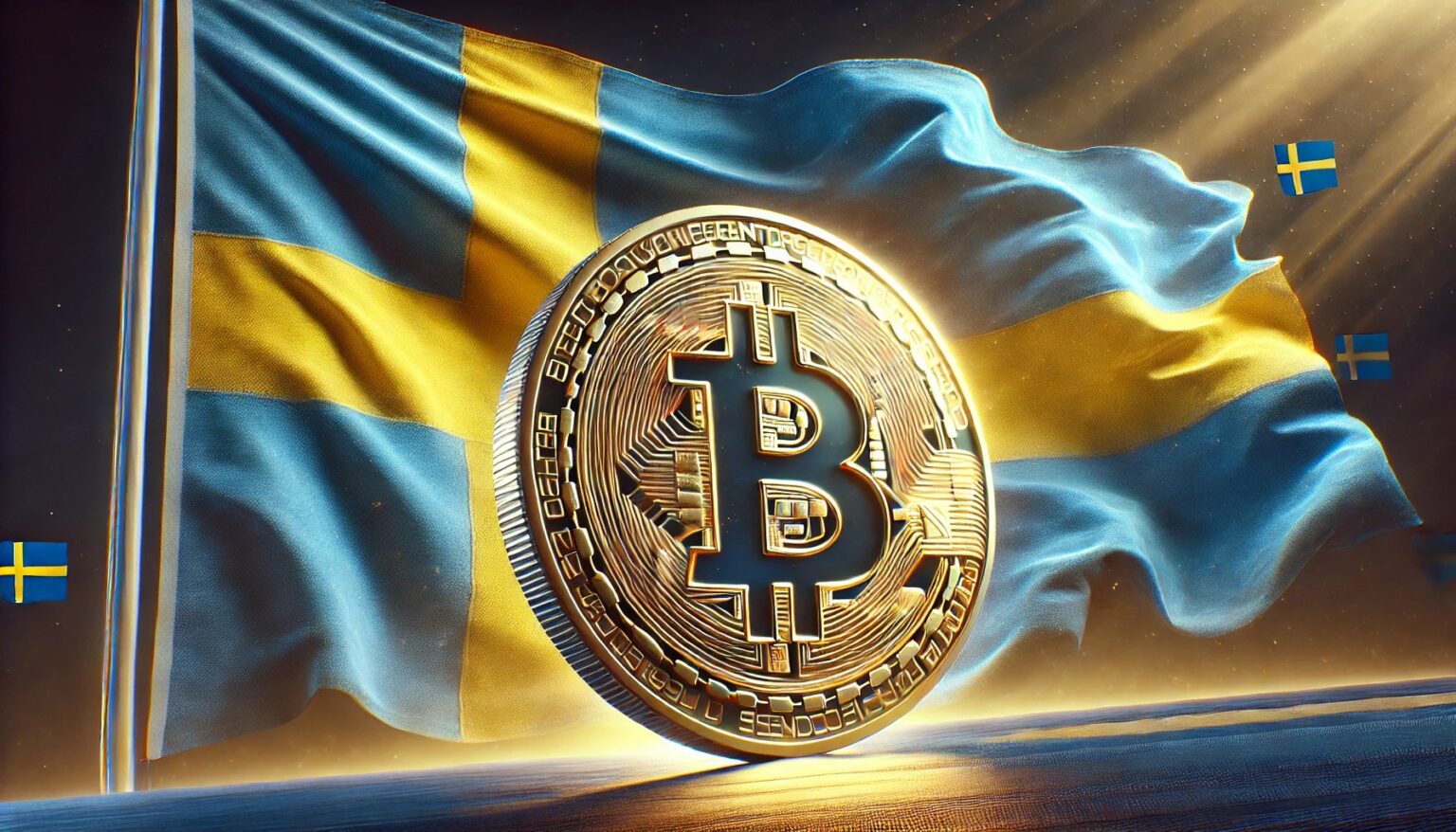Amid the ever-evolving landscape of financial markets, the incorporation of digital currencies into national reserves remains a topic of robust discussion. As nations explore the potential of cryptocurrencies like Bitcoin, questions arise about the strategic benefits and risks associated with such a move. In Sweden, this debate has been reignited by a recent inquiry within the Riksdag, aiming to assess the viability of Bitcoin as part of the country’s foreign exchange reserves. This conversation is particularly significant as nations around the globe grapple with the implications of digital currencies on financial stability and policy.
Swedish Parliament Questions the Inclusion of Bitcoin in National Reserves
Evaluating Bitcoin’s Place in Sweden’s Financial Strategy
The question of whether Sweden should diversify its foreign currency holdings to include Bitcoin has been put forward by Rickard Nordin, a Member of Parliament. This proposal comes at a time when global financial systems are increasingly considering the integration of blockchain technology and cryptocurrencies, following examples set by countries like El Salvador, which has already embraced Bitcoin as legal tender. Nordin emphasizes the urgency of the matter, citing how central banks and financial institutions worldwide are factoring digital currencies into their strategic discussions.
Current Stance and Global Perspectives
As of now, Sweden has not enacted regulations that would permit the inclusion of Bitcoin in its foreign exchange reserves. However, the international scene shows a growing acceptance of cryptocurrencies, with the United States leading several initiatives. This includes the recent establishment of a Strategic Bitcoin Reserve by former US President Donald Trump, highlighting a shift towards recognizing Bitcoin’s potential role in economic frameworks.
Despite these global trends, Sweden has maintained a cautious stance. Riksbank Governor Erik Thedéen recently reiterated the country’s skeptical view on Bitcoin, dismissing its relevance to Sweden’s financial architecture. Sweden’s concerns are rooted in Bitcoin’s environmental impact, particularly its energy-intensive mining processes, which have led to calls for stricter regulations within the European Union by Swedish authorities.
Political Actions and Future Implications
Nordin’s query serves as a pivotal moment in the ongoing discourse regarding Bitcoin’s role in national reserves. By addressing this question to Minister of Finance Elisabeth Svantesson, Nordin aims to elevate the discussion to a political platform, urging an evaluation of both the risks and opportunities associated with Bitcoin. The response from the finance ministry will be crucial in determining the next steps for Sweden as it navigates the complexities of adopting digital currencies within its economic policy.
FAQs
Why are some countries hesitant to include Bitcoin in their national reserves?
Countries may be hesitant due to Bitcoin’s volatility, regulatory uncertainties, and environmental concerns related to mining activities. These factors present significant risks that can affect national financial stability.
What are the benefits of including Bitcoin in national reserves?
Incorporating Bitcoin can diversify foreign exchange reserves, potentially offering a hedge against inflation and currency devaluation. It also signals openness to digital innovation and aligns with global financial trends.
Is Bitcoin adoption for national reserves feasible for Sweden?
While feasible, it would require comprehensive regulatory frameworks and risk assessment strategies. Sweden would need to reconcile its environmental policies with Bitcoin’s high energy consumption before proceeding.
How can countries mitigate the environmental impact of Bitcoin mining?
Countries can encourage the use of renewable energy sources for mining operations and invest in technological advancements that improve mining efficiency, thus reducing the overall carbon footprint associated with Bitcoin mining.
This comprehensive guide delves into the potential integration of Bitcoin into Sweden’s financial reserves, examining both the technological appeal and the economic ramifications. Through detailed exploration, we aim to equip readers with the knowledge needed to navigate this complex financial landscape effectively.

